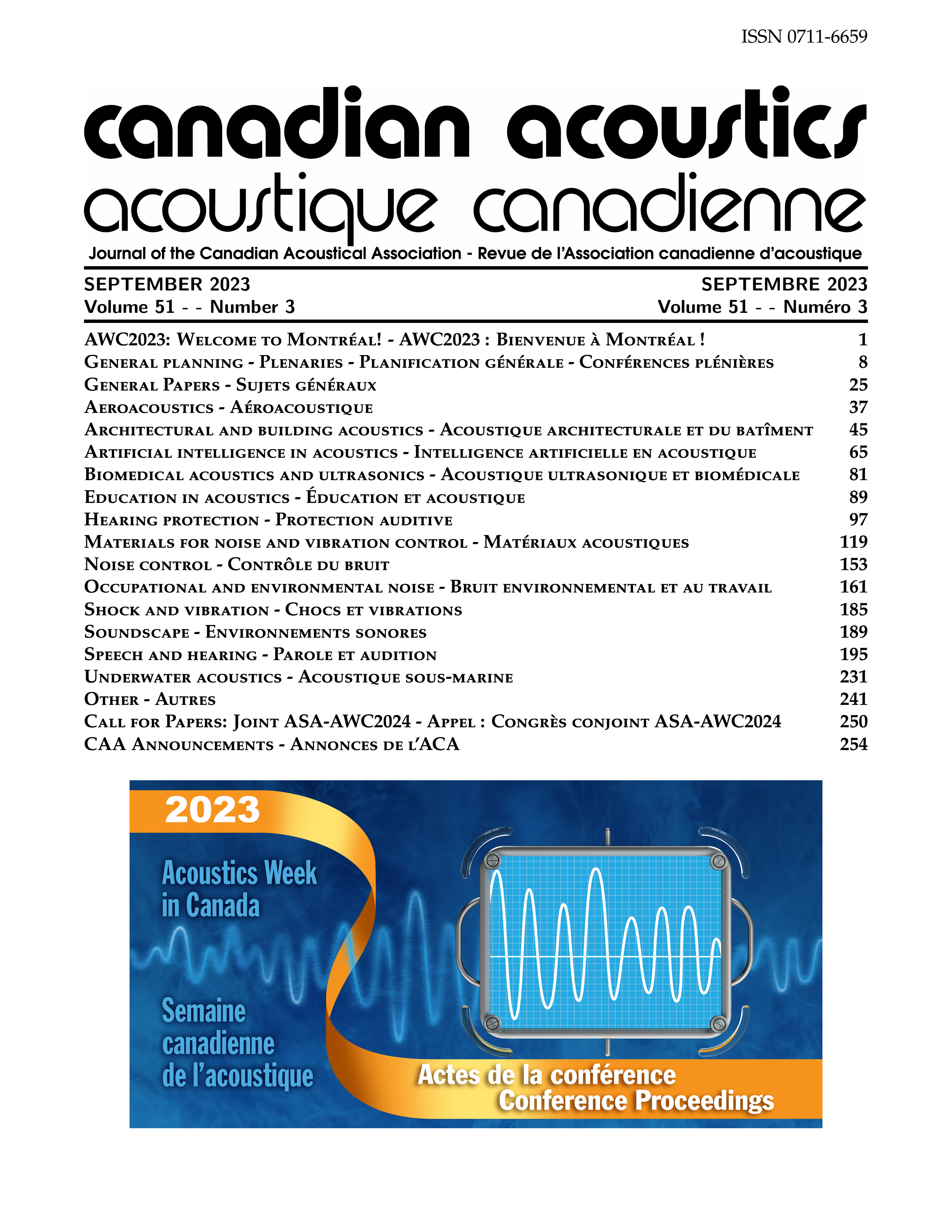Acoustic Variation in Speech: Contrasting Initial and Later Stages of Conversations Showing Opinion Convergence and Divergence
Abstract
Speech accommodation is influenced by various factors, such as interlocutor traits, social identity, context, and opinion [Pardo, 2022 JPhon95]. Although the effects of many of these factors have been extensively researched, the relationship between opinion convergence or divergence and speaker traits is a relatively new area of interest [Ma et al., 2023, HISPCSL]. Another important factor affecting speech is the timepoint within a conversation, as individuals may modify their speech patterns as the conversation progresses. This study aimed to investigate whether the stage of a conversation (initial vs. later) influences the way individuals express opinion convergence or divergence in relation to their interlocutors. Using Praat, DARLA, and statistical methods in R software, we analyzed speech data from an Ellen Fisher Podcast YouTube debate on "Plant vs. Animal Regenerative Farming." Audio clips from the first and last 10 minutes of the debate were transcribed manually into words, automatically converted into phonemes using DARLA, and then manually verified. Each word was further coded for the speaker, interlocutor, whether they expressed convergence or divergence, and the strength of their convergence or divergence on a numerical scale. Preliminary findings revealed that speakers tended to raise their fundamental frequency (F0) when expressing divergence in opinion during deeper stages of the conversation, suggesting a relationship between speech patterns and opinion divergence in different conversation stages. However, we did not observe any significant effect of conversation stage on opinion convergence. Furthermore, no differences were found in terms of vowel quality, as measured by F1 and F2. These preliminary results shed light on the complex interplay between conversation stage and the expression of opinion divergence in speech. Further analysis and exploration of these findings will provide a deeper understanding of the dynamics of speech accommodation in relation to opinion expression within conversations.Additional Files
Published
How to Cite
Issue
Section
License
Author Licensing Addendum
This Licensing Addendum ("Addendum") is entered into between the undersigned Author(s) and Canadian Acoustics journal published by the Canadian Acoustical Association (hereinafter referred to as the "Publisher"). The Author(s) and the Publisher agree as follows:
-
Retained Rights: The Author(s) retain(s) the following rights:
- The right to reproduce, distribute, and publicly display the Work on the Author's personal website or the website of the Author's institution.
- The right to use the Work in the Author's teaching activities and presentations.
- The right to include the Work in a compilation for the Author's personal use, not for sale.
-
Grant of License: The Author(s) grant(s) to the Publisher a worldwide exclusive license to publish, reproduce, distribute, and display the Work in Canadian Acoustics and any other formats and media deemed appropriate by the Publisher.
-
Attribution: The Publisher agrees to include proper attribution to the Author(s) in all publications and reproductions of the Work.
-
No Conflict: This Addendum is intended to be in harmony with, and not in conflict with, the terms and conditions of the original agreement entered into between the Author(s) and the Publisher.
-
Copyright Clause: Copyright on articles is held by the Author(s). The corresponding Author has the right to grant on behalf of all Authors and does grant on behalf of all Authors, a worldwide exclusive license to the Publisher and its licensees in perpetuity, in all forms, formats, and media (whether known now or created in the future), including but not limited to the rights to publish, reproduce, distribute, display, store, translate, create adaptations, reprints, include within collections, and create summaries, extracts, and/or abstracts of the Contribution.


